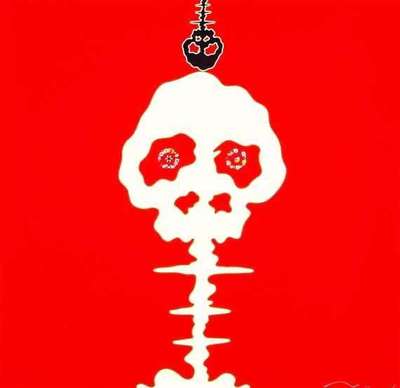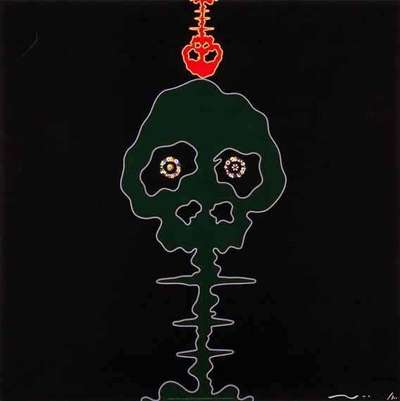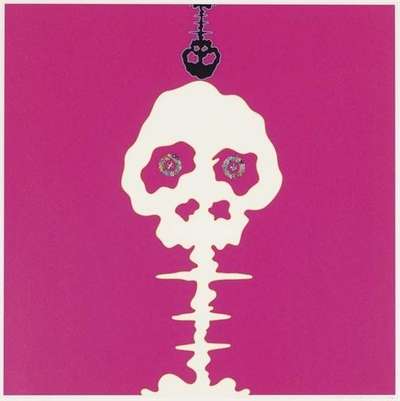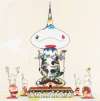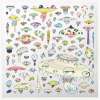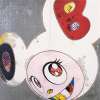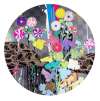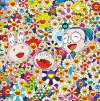Time
Bokan
Takashi Murakami's Time Bokan is a collection of three prints depicting mushroom clouds in the shape of skulls. The collection refers to the popular Japanese anime series, Time Bokan, as well as to the horrific atomic bombings of Hiroshima and Nagasaki, at the end of World War II.
Takashi Murakami Time Bokan For sale
Time Bokan Value (5 Years)
Sales data across the Time Bokan series by Takashi Murakami varies by print. While standout works have sold at auction for up to £900, other editions in the series remain rare to market or have yet to appear publicly for sale. Of those tracked, average selling prices have ranged from £700 to £700, with an annual growth rate of 1.7% across available data. Collectors should note the discrepancy in performance between more visible and lesser-seen editions when considering value potential in this series.
Time Bokan Market value
Auction Results
| Artwork | Auction Date | Auction House | Return to Seller | Hammer Price | Buyer Paid |
|---|---|---|---|---|---|
 Time Bokan (red) Takashi Murakami Signed Print | 8 Mar 2022 | Rosebery's Fine Art Auctioneers | £595 | £700 | £900 |
 Time Bokan (black) Takashi Murakami Signed Print | 27 Sept 2019 | Forum Auctions London | £383 | £450 | £600 |
 Time Bokan (pink) Takashi Murakami Signed Print | 19 Aug 2008 | Bonhams Knightsbridge | £170 | £200 | £250 |
Sell Your Art
with Us
with Us
Join Our Network of Collectors. Buy, Sell and Track Demand
Meaning & Analysis
Time Bokan is a collection of three prints, each of which depicts a mushroom cloud in the shape of a skull. The skull is set against a bold backdrop which changes with each print iteration. The prints were all produced in 2006 and come in a pink, black and red version.
The title of the collection and subject of the prints refers to the popular Japanese anime series, Time Bokan. The series first aired in 1975 and a new anime adaption called Time Bokan 24 was released in 2016. The artworks refer to the way each episode of the anime series used to end. When enemies were defeated, they would explode into an anatomic cloud in the shape of a skull. Murakami adds his personal touch to this skull design, replacing the skull’s eyes with garlands of smiling daisies. Smiling flowers are a recurrent visual motif that frequently appear in Murakami’s artworks, identifiable by their bright colours and emoji-like faces.
The works also reference the horrific atomic bombings of Hiroshima and Nagasaki in 1945 at the end of World War II. Murakami is a vocal critic of contemporary Japanese artists who he believes ignore the horrors of World War II and the state it left Japan in. As is seen in this collection, Murakami’s artworks often comment on the post-war Japanese psyche which was traumatised by the war.
